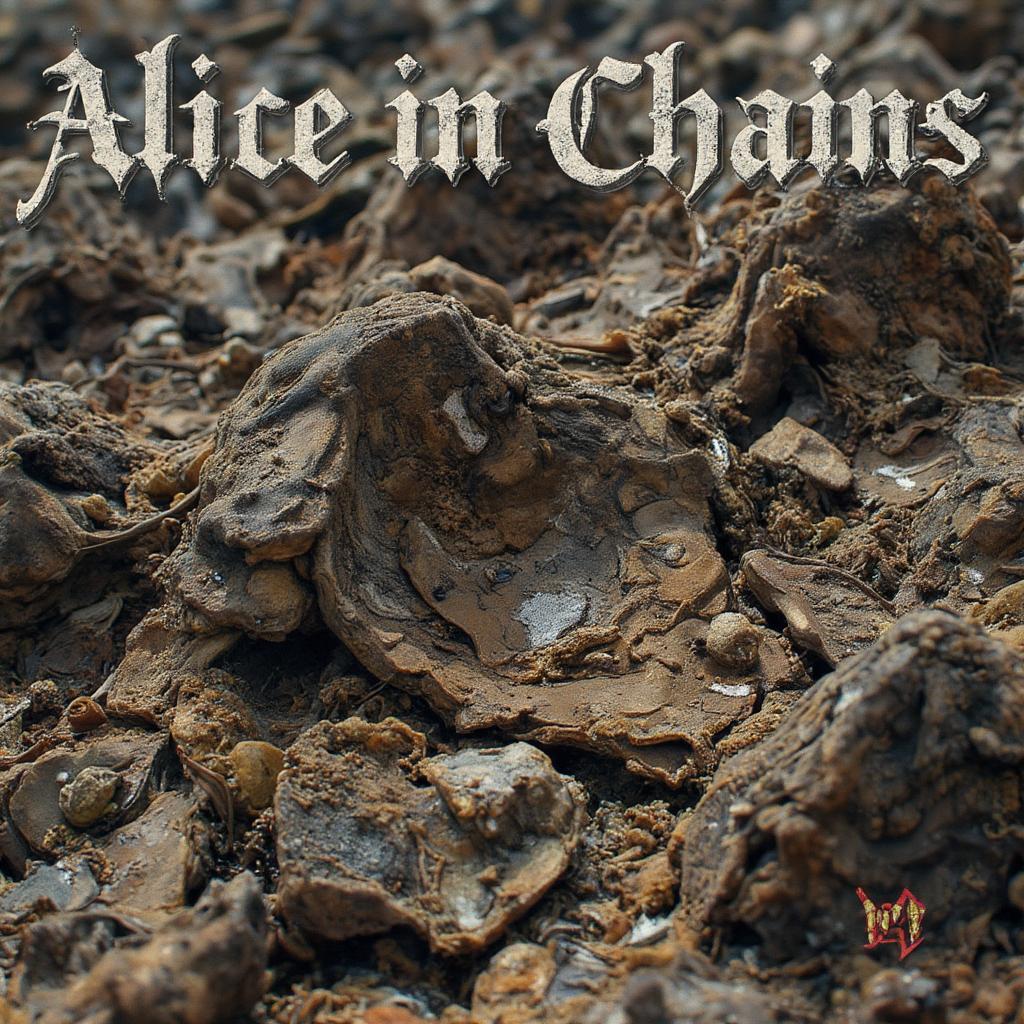The Enduring Legacy of Blues Rock: A Deep Dive

Blues Rock, a genre that seamlessly blends the raw emotion of blues with the high-energy drive of rock and roll, has captivated music lovers for decades. This fusion created a sound that’s both visceral and sophisticated, a testament to the power of musical cross-pollination. It’s a sound that continues to resonate, shaping the landscape of modern music. As the lead guitarist and principal songwriter for Shock Naue, I can tell you that this genre has been a foundational influence on our work, providing the raw grit and improvisational freedom that’s so core to our identity. Let’s delve deeper into the history, characteristics, and lasting impact of blues rock.
What Exactly is Blues Rock?
Blues rock isn’t just a simple mash-up of two genres. It’s a distinct style with its own characteristics. At its heart, blues rock takes the basic structure of blues music – the 12-bar progression, the bending notes, the expressive vocals – and amplifies it with the volume and attitude of rock. Think of it as taking the heartfelt stories and pain of the delta blues and plugging them into a Marshall stack. The result is a dynamic sound that retains the soulfulness of the blues but with a powerful, driving force.
- The Blues Foundation: Blues rock draws heavily from traditional blues, utilizing its harmonic structures, scales, and improvisational approach.
- Rock and Roll Energy: The addition of rock and roll instrumentation – electric guitars, bass, drums – amps up the intensity and provides a faster, more aggressive tempo.
- Improvisation: Blues rock heavily features guitar solos, often based on blues scales and incorporating improvisation.
- Emotional Expression: Lyrics often revolve around personal experiences, heartbreak, and struggle, delivered with raw and passionate vocals.
The Genesis of a Genre
The emergence of blues rock in the mid-1960s was a natural evolution. It began with British bands like the Rolling Stones, the Yardbirds, and John Mayall & the Bluesbreakers, who were deeply influenced by American blues legends such as Robert Johnson, Muddy Waters, and B.B. King. These bands, after all, were exploring the raw and unrefined sound of the music they loved. They weren’t just copying; they were adapting, innovating, and creating a new kind of energy that resonated with their generation. These artists took those sounds and mixed it with the raw energy of early rock music, creating what we know now as Blues Rock. The influence of manny charlton and other guitar icons is undeniable in this period.
Key Characteristics of Blues Rock Sound
The sound of blues rock is identifiable through certain key characteristics. The use of overdriven electric guitars is a must, producing a thick, gritty tone that can range from soulful to ferocious. The use of pentatonic and blues scales is central to the melodic and improvisational aspects of the music. You’ll also hear plenty of guitar bending and sliding, techniques borrowed directly from the blues masters. A strong, steady rhythm section is also essential, providing a solid foundation for the raw energy of the music. As Dr. Eleanor Vance, a music historian at the University of California, Berkley, once said, “The genius of blues rock lies in its ability to amplify the raw human emotion of the blues, connecting listeners to something primal and timeless.” The interplay between these elements is what makes blues rock so compelling and distinct.
The Evolution and Subgenres of Blues Rock
Like any genre, blues rock hasn’t remained static. Over the years, it has evolved and splintered into various subgenres, each with its own unique flavor.
British Blues Rock
This is where it all started. Bands like the Rolling Stones and Cream established the sound of British blues rock, characterized by raw energy, prominent electric guitar work, and blues-based structures. Artists like Eric Clapton and Jeff Beck were instrumental in defining this sound with their guitar prowess. The early pioneers of this scene not only copied their heroes, but added a new sound that would be heard throughout the rock world. The impact of glam rock bands on later iterations cannot be understated, with elements of showmanship also having a place within the genre.
American Blues Rock
American artists took the British template and added their own flavor. Bands like ZZ Top, Lynyrd Skynyrd, and the Allman Brothers Band brought a more Southern-fried edge to the genre, incorporating elements of country and boogie-woogie. Their sound is often characterized by a more laid-back vibe and a strong emphasis on the groove. The raw emotion of the blues was blended with the energy of rock and roll, creating a sound that was both familiar and new.
Blues Rock Today
The legacy of blues rock continues to this day, with countless bands still drawing inspiration from its classic sounds. Modern artists are exploring the genre in new and exciting ways. Many contemporary acts are incorporating elements of other styles like funk, soul, and even metal into the blues-rock formula. The adaptability of the genre ensures its survival, constantly evolving while remaining true to its roots.

The Impact of Blues Rock: More Than Just Music
The influence of blues rock extends far beyond the realm of music. Its impact can be seen in fashion, lifestyle, and even social movements. The rebellious attitude and raw emotion of blues rock resonated with a generation, making it a powerful force for change.
Shaping Modern Rock
Blues rock laid the foundation for much of modern rock music. Many hard rock and heavy metal bands owe a debt to the blues rock pioneers who paved the way. The use of electric guitars, improvisation, and a blues-based harmonic approach continues to be central to these styles. This genre has influenced entire generations of musicians, and is an important staple of rock history.
A Cultural Phenomenon
Blues rock is more than just a musical genre; it’s a cultural force. The themes of rebellion, freedom, and authenticity that are often found in the music, have made it a powerful and enduring movement. The music has provided an outlet for people to express their feelings and connect with others on a deep emotional level. It’s a reflection of the human experience, with all its highs and lows.
The Enduring Legacy
The legacy of blues rock is undeniable. It has stood the test of time, continuing to inspire musicians and captivate audiences across the globe. Its enduring popularity is a testament to the genre’s raw energy, emotional depth, and musical versatility. The music continues to provide a voice for the marginalized and underrepresented. As professor Richard Daniels, a noted expert in rock history at the University of London, notes, “Blues rock represents a crucial intersection in music history, forging a path for countless artists who would come later”.
Why Blues Rock Still Matters Today
In a world constantly flooded with new sounds and trends, it might be easy to wonder why a genre like blues rock, that came from the 1960s is still so relevant. Its relevance, though, is precisely in that raw, untamed energy that speaks to something deeper within us. Blues rock reminds us of our shared human experience, that the pain and the joy, the struggle and the triumph. It’s a genre that doesn’t shy away from real feelings and stories.
- Authenticity: In a world where music often feels manufactured and artificial, blues rock offers authenticity and sincerity. It’s about real people playing real instruments and expressing real emotions.
- Emotional Connection: Blues rock has the power to touch people on a deep emotional level. It resonates with listeners because it deals with universal themes of love, loss, and the human condition.
- Timeless Appeal: The core elements of blues rock—soulful vocals, dynamic guitar playing, and a driving rhythm section—are timeless. They continue to captivate audiences because they are fundamentally good music.
For Shock Naue, the spirit of blues rock is core to our sound. We strive to channel the same raw emotion and improvisational freedom into our own music. It is a genre that is truly timeless. As an artist and a fan, I can honestly say that the legacy of blues rock is something I hope to see live on for generations.
In conclusion, blues rock is more than just a genre; it is a cultural phenomenon and an enduring force in the music world. Its fusion of blues emotion with rock and roll energy has produced a sound that’s both powerful and timeless. From its roots in the British Invasion to its various subgenres and contemporary iterations, blues rock has shaped modern music and continues to inspire artists and captivate audiences around the world. The raw, honest, and improvisational nature of blues rock is what makes it so appealing, and why it continues to be important today. It is a reminder of the power of music to connect with our emotions, and is also a reflection of a time when bands were taking chances and pushing the limits of the music world. The enduring legacy of blues rock is a testament to its timeless appeal and its profound impact on music culture. The impact of artists like jerry lee lewis hits are felt through the genre and continue to move the style forward. The sounds and spirit of blues rock are here to stay.
Frequently Asked Questions (FAQs) About Blues Rock
-
What are the key elements of blues rock?
Blues rock combines the structure of blues music with the energy and instrumentation of rock and roll. It typically features distorted electric guitars, blues-based scales, improvisational solos, and emotionally charged vocals. The combination of these elements is what gives the music its unique sound. -
Who are some of the most influential blues rock artists?
Key figures include Eric Clapton, Jimi Hendrix, The Rolling Stones, Led Zeppelin, ZZ Top, Stevie Ray Vaughan, and The Allman Brothers Band. These artists have been instrumental in shaping the genre and continuing to inspire musicians today. -
What is the difference between blues and blues rock?
While both genres share similar elements like the 12-bar progression and blues scales, blues rock is typically louder, faster, and has more of a rock and roll attitude. Traditional blues is usually acoustic and focuses more on the emotional expression of pain and suffering. -
How has blues rock influenced other genres of music?
Blues rock has greatly influenced hard rock, heavy metal, and progressive rock. Its emphasis on guitar solos and improvisation, alongside its hard-driving rhythms, can be heard in many other genres, including modern indie rock. -
Is blues rock still popular today?
Absolutely. While it may not be on top of mainstream music charts, blues rock has a devoted following and continues to be popular among both older and younger generations. Many contemporary bands are still playing this style, showing its staying power. -
What makes a blues rock guitar riff distinct?
Blues rock guitar riffs are known for their use of blues scales and pentatonic scales, often utilizing techniques such as string bending and sliding. The sound is often distorted, adding a gritty, powerful element to the riff, which also focuses on repetition and a driving rhythm. -
Where can I find more information on blues rock?
You can explore music history websites, encyclopedias, books, and documentaries dedicated to rock and blues music. Streaming platforms and music blogs are also good resources for listening and discovering new blues rock bands. You can also always explore the deep catalogue of artists who have passed away, such as zz top death. -
What are some modern blues rock bands that I should check out?
Some great modern blues rock bands include Rival Sons, The Black Keys, and Gary Clark Jr. These artists are keeping the spirit of blues rock alive while adding their own unique sounds and style. -
Why is improvisation important in blues rock?
Improvisation is a core element of blues rock. It allows musicians to express themselves through their instruments, and create unique and spontaneous musical moments that make each performance different, making the music truly special.




